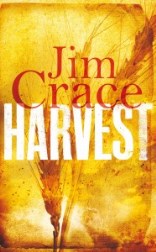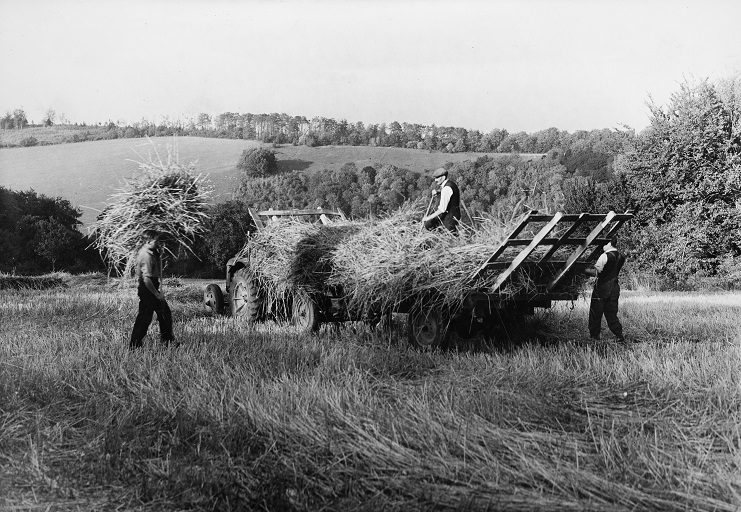by Rob Davies, Volunteer Coordinator and Rural Reads regular.
 In April, members of Rural Reads read Harvest by Jim Crace – you can already guess the rural connection. Harvest was shortlisted for the Booker Prize 2013 and had rave reviews, the quotes on the back of the book give it high praise. “One of his unquestionable masterpieces” states Phillip Hensher from the Spectator. At the beginning of the discussion I asked the group as a whole if they agreed with these positive reviews and everyone did!
In April, members of Rural Reads read Harvest by Jim Crace – you can already guess the rural connection. Harvest was shortlisted for the Booker Prize 2013 and had rave reviews, the quotes on the back of the book give it high praise. “One of his unquestionable masterpieces” states Phillip Hensher from the Spectator. At the beginning of the discussion I asked the group as a whole if they agreed with these positive reviews and everyone did!
Harvest tells the story of a small rural community during an undisclosed period. We debated over which time period and some of us believed it could be the mid-nineteenth century whereas others thought it could be late medieval. This absence of an exact time lends the author flexibility in his authenticity but also provides the story with a narrow vision, as the reader is unable to identify the wider context.
The narrator Walter Thicket, tells the story of how a village is unravelled within a week, exploring the whimsical natures of humans, how deceit and rumour can lead to betrayal and questions whether anyone can ever really trust anyone else?
From a ‘Rural Reads’ point of view this novel is perfect, the story begins at the end of harvest and goes through to the winter threshing. The narrator guides us through the rural customs of crowning a harvest queen, the celebrations of successfully completing a harvest, right through to the methods of threshing grain. I personally felt that the author was successful in conjuring life in a rural village, and portraying how the weather, beast and man were all connected.
The novel does hold darker themes than that of rural life; it works on the small community mentality and the author picks upon the weakest and most dangerous of his character’s emotions to play with. The group thought it was very much a gripping page turner, but were frustrated as they wanted to find out what happened next!
For May we’re reading one of my favourites, Rebecca by Daphne De Maurier. Join us for the next Rural Reads on May 29th at 5.30pm.


